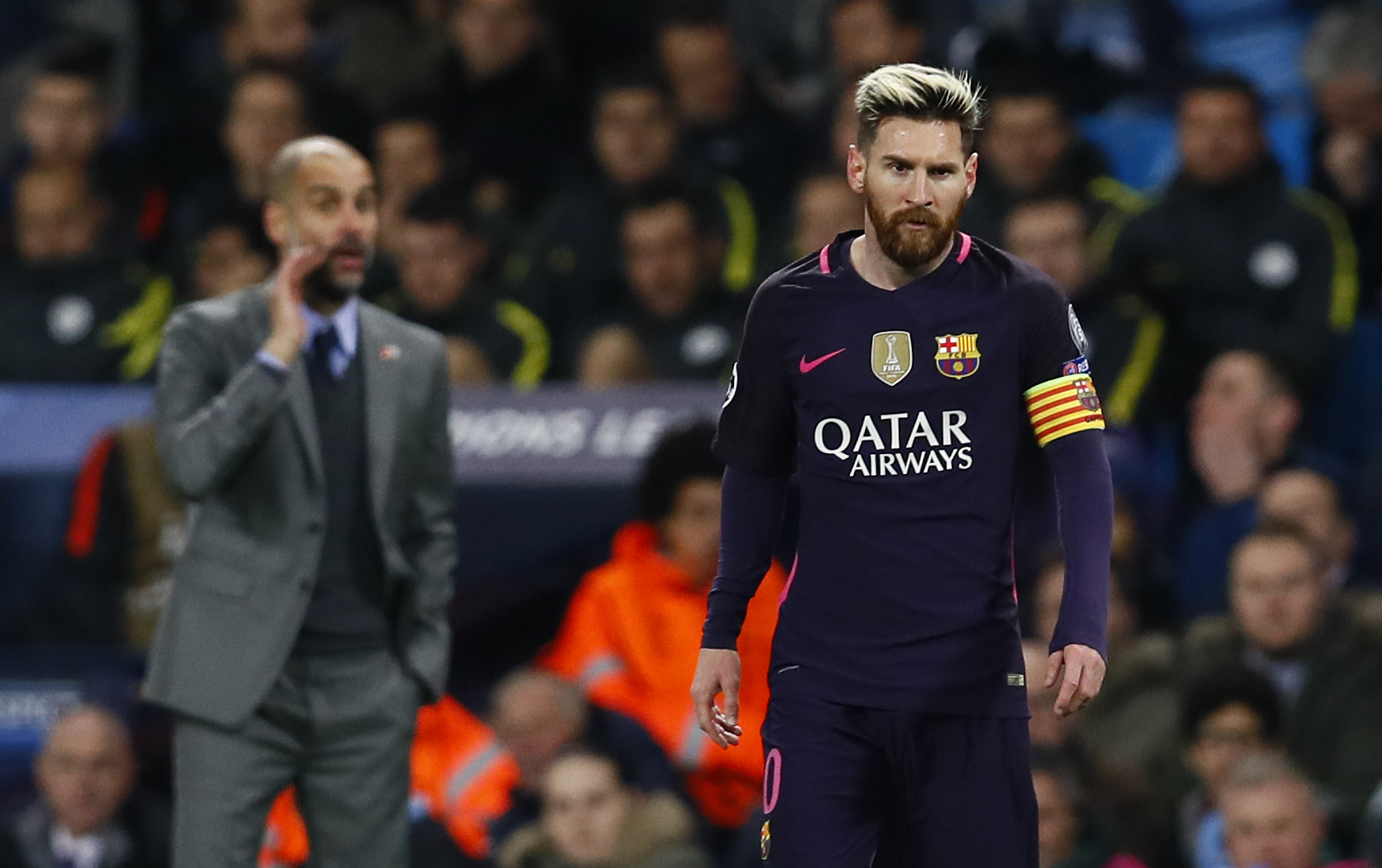La Liga’s treatment of Barcelona raises questions about the integrity of rights holders
Barcelona v Valencia at Mestalla. The game had been scintillating and even, 2-2 in the final minute. But a penalty in the dying seconds gave Lionel Messi the chance to score the winning goal.
It’s moments like that one which make the rights to sporting events so valuable, especially for the Spanish league. It has all the thrill of last-minute drama, played out by some world-renowned protagonists. And to those who know their stuff, there was an added spice, too: Barcelona are notoriously bad at scoring penalties, whilst Valencia goalkeeper Diego Alves is notoriously good at saving them. Alves, in fact, has saved more penalties in La Liga than he’s conceded – and he’s faced over 40.
Messi stepped up, he hit his shot perfectly, and although Alves did dive the right way he could do nothing about it – it was right in the corner. So far so good for the league and its fans watching around the world.
But what followed wasn’t much fun. Barcelona’s players, understandably overjoyed at the late winner, celebrated wildly in front of the Valencia supporters, who responded by throwing a bottle at the players whom they felt were taunting them in their misery. After the bottle was thrown, Messi then responded to the fans with a fist pump.
The rights or wrongs of the celebration don’t need to be debated, nor do the wrongs of throwing a bottle (though, that one’s obvious), but the situation does throw up an interesting point for those who hold the rights to sporting events.
As the league announced it would investigate the incident, President of the league Javier Tebas spoke to the media, highlighting the seriousness of fans throwing bottles at players from the stands. But he also enraged Barcelona by condemning their players, too: they had incited this with their celebrations, according to the President.
“You have to go in order and the first and most serious thing is the bottle [incident]. That’s the most serious thing which occurred, but some of the conduct from some of the players is not what I like [to see]” he said at a La Liga’s awards night. (H/T ESPNFC).
That response prompted anger from Barcelona, whose fans held up red cards aimed at Tebas and chanted for him to resign.
https://www.youtube.com/watch?v=c4m6fwcOUbA
None of the protests against Tebas at Camp Nou were broadcast on Spanish TV, however. In some ways, you understand the reasoning: the feed belongs to La Liga, of course, and why would they want such a protest directed at the President of the league to be broadcast to millions watching around the world? That would be just as bad for the league’s image as the late penalty drama was good for it.
But there is a wider point.
As sport becomes more easily accessible across the globe through online streams, and with rights holders increasingly urged to cut out the middleman and broadcast their events themselves, questions should be asked about the transparency and integrity of the governing bodies. At the Digital Sport Summit at Villa Park last week, Fiona Green of business intelligence agency Winners told the attendees the Premier League could conceivably make a whole lot more than the £8.3bn it made by selling the broadcast rights to its games. They could do that by going directly to the 730m homes around the world that watch some part of a Premier League season every year, rather than selling to Sky and BT.
When a game is broadcast on TV, and viewers have access to pundits who speak their minds and journalists who cover the games both on social media in real time and in their match reports and opinion pieces after the game, you know you’re going to get the full story. Or at least, you will if the journalists have done their jobs properly – something the sports press, for all its faults, is actually pretty good at.
If La Liga broadcasts its own events, however, and decides what to show and what not to show, they are open to the question of what they might be choosing not to show; what they are hiding.
There’s no suggestion that the league itself put pressure on the broadcaster not to focus on the incident. There was also a game being played at the same time, which is what the vast majority of the viewers had tuned in to see. But it still does raise questions about whether or not we can ever expect to get transparency, to get the whole story if rights holders ever decide to go it alone and broadcast their events themselves.
If we don’t get that transparency, then we will only ever see what they want us to see.
About author
You might also like
SPORTEL 2021: Day One Recap
This year’s prestigious SPORTEL convention kicked off in sunny Monaco today, welcoming a host of familiar faces as well as plenty of new ones. Doors opened at 8:30am with businesses
Six Founding Riders Set To Bring The Vision Of The UCI Track Champions League To Life
Olympic Champions, UCI World Champions and World Record holders join the new track cycling competition debuting in November 2021 The UCI Track Champions League is delighted to announce that six
Sports related spending to soar this summer as pre-pandemic life resumes
New insights from eBay Ads UK reveal the potential for brands to engage with an excited but nervous nation as sports events get back on track As pubs and indoor








